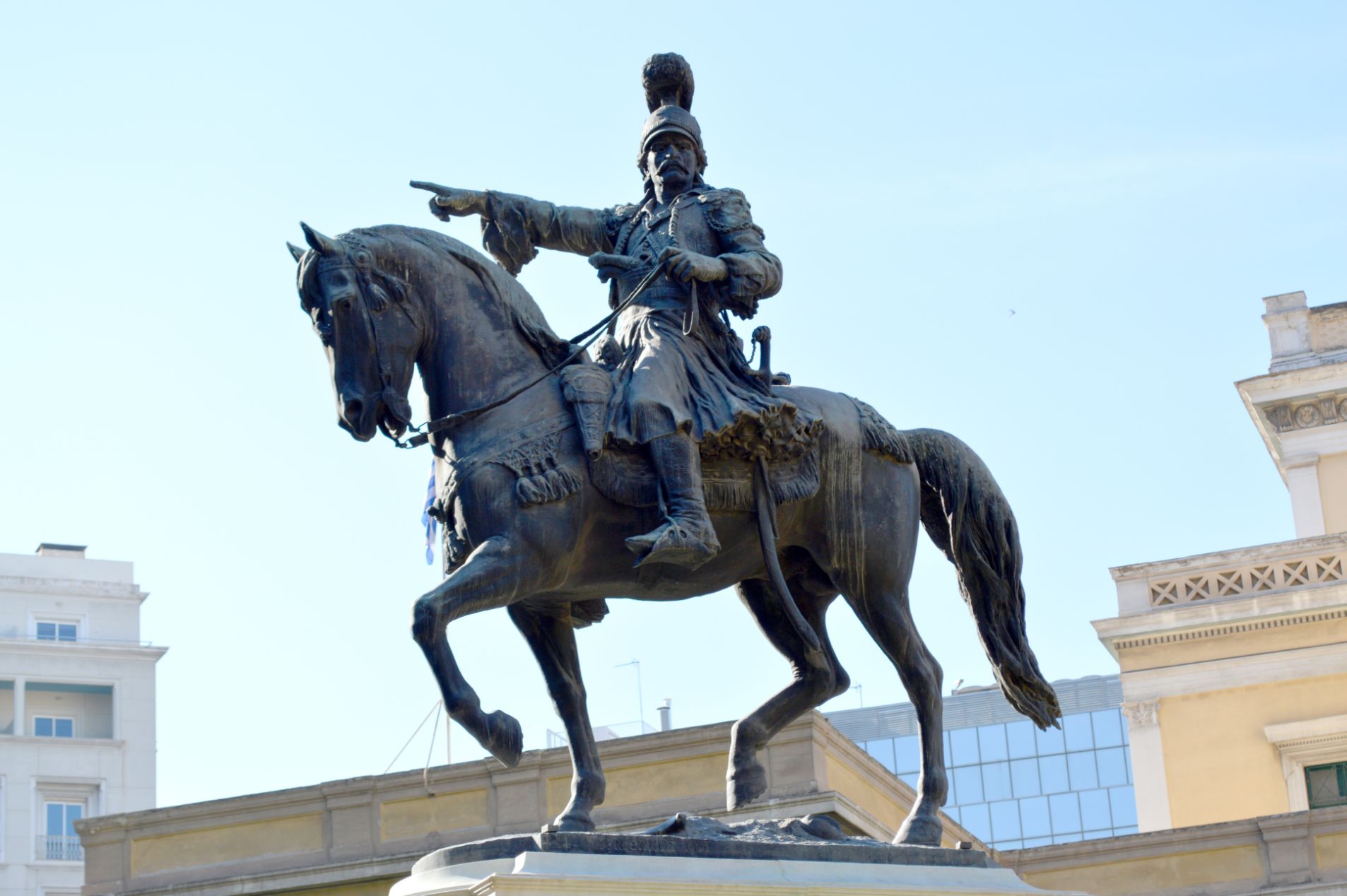Defiance and Resistanceduring the Ottoman Occupation
The Klephts were armed bands in Greece during the Ottoman occupation who engaged in guerrilla warfare against Turkish forces and local collaborators, primarily emerging in the late 17th and 18th centuries. Often composed of rural Greek peasants, shepherds, and former soldiers, the Klephts resorted to resistance against the oppressive conditions imposed by the Ottoman Empire.
The term “klepth” originates from the Greek word “kleftes,” meaning “thief” or “bandit,” but these fighters were viewed by many as freedom fighters and patriots rather than mere criminals. Operating mainly in the mountainous regions of Greece, their intimate knowledge of the terrain provided a significant advantage against Ottoman forces. The Klephts conducted raids on tax collectors, Ottoman officials, and military garrisons, alleviating some of the burdens on local populations suffering under heavy taxation and oppression.
Lacking a unified command, they inspired hope among the oppressed Greek populace and became symbols of resistance and national pride. Their legacy contributed to the rise of the Greek War of Independence in 1821, with the Klephts celebrated in Greek culture, folklore, and literature as heroic figures who fought for the dignity and rights of their people against foreign oppression, embodying the enduring spirit of defiance against tyranny.
















